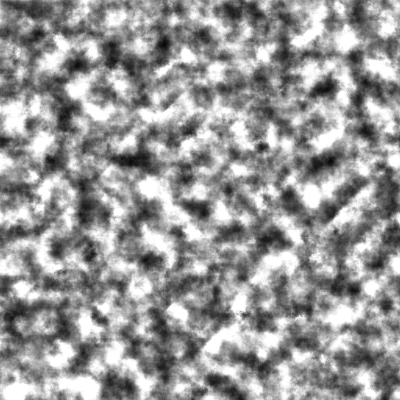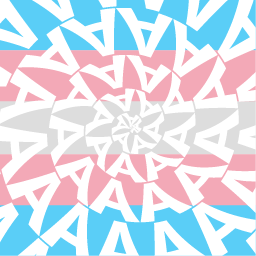

I think that’s mostly an American thing: they think that their “racial” categories are the same thing as ethnicity, and since race is defined by racists (who believe that it’s an innate inherited trait), it’s constrained by them too.
“I was born French, but now I consider myself Corsican.” is an uncommon but perfectly normal thing in Europe.
American racism is just absurd, even by racism standards. That absurdity even influences American anti-racism.
I’m fairly sure https://www.deviantart.com/haasap-gasko/art/FtM-problems-542836120 is the original: perhaps someone can grab a higher res version (and attribute it properly).